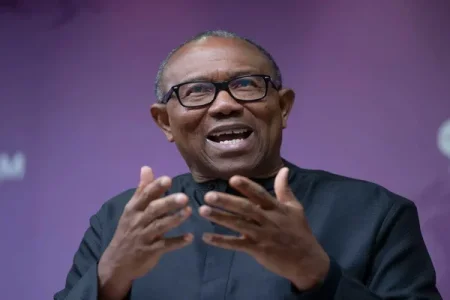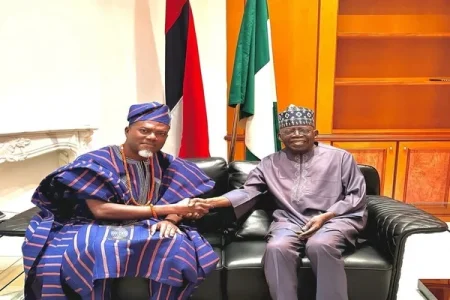
Peter Obi's confirmation that he'll contest in 2027 on Labour Party's ticket isn't just about party loyalty—it's a calculated move with far-reaching consequences. From opposition dynamics to generational politics, here are 5 key implications of his decision that could shape Nigeria's next election cycle
- Labour Party's Survival Now Hinges on Obi: The LP lacks strong institutional structures beyond Obi's persona. His continued presence may temporarily unify factions, but the party risks collapse if it fails to build beyond his brand.
- "System Sabotage" Narrative Cuts Both Ways: By blaming the government for opposition crises, Obi positions himself as an anti-establishment martyr but this could alienate potential coalition partners who see it as excuse-making.
- Youth Mobilization Faces Fatigue Test: Obi's 2023 youth-driven movement must now transition from protest energy to policy substance. Can he maintain momentum with the same base after an electoral loss?
- Age Comments Target Political Elders: His call for political retirement ages subtly critiques older rivals (Atiku will be 81 in 2027; Tinubu 75), positioning Obi as the "generational transition" candidate.
- 2027 is Obi's Legacy-Defining Moment: At 65 in 2027, another loss could cement his status as a perpetual aspirant. Betting on LP suggests he values ideological purity over power-sharing compromises.



